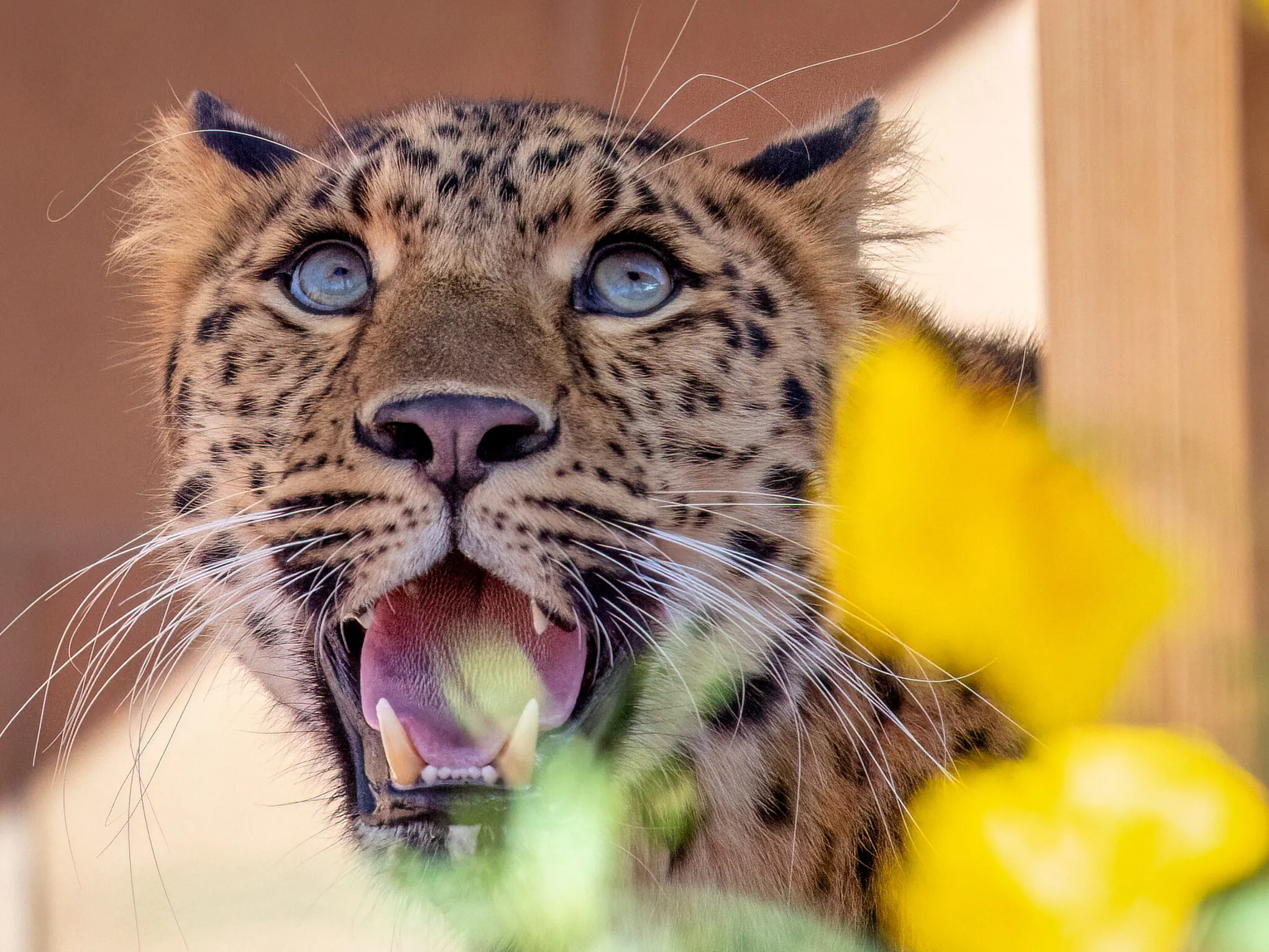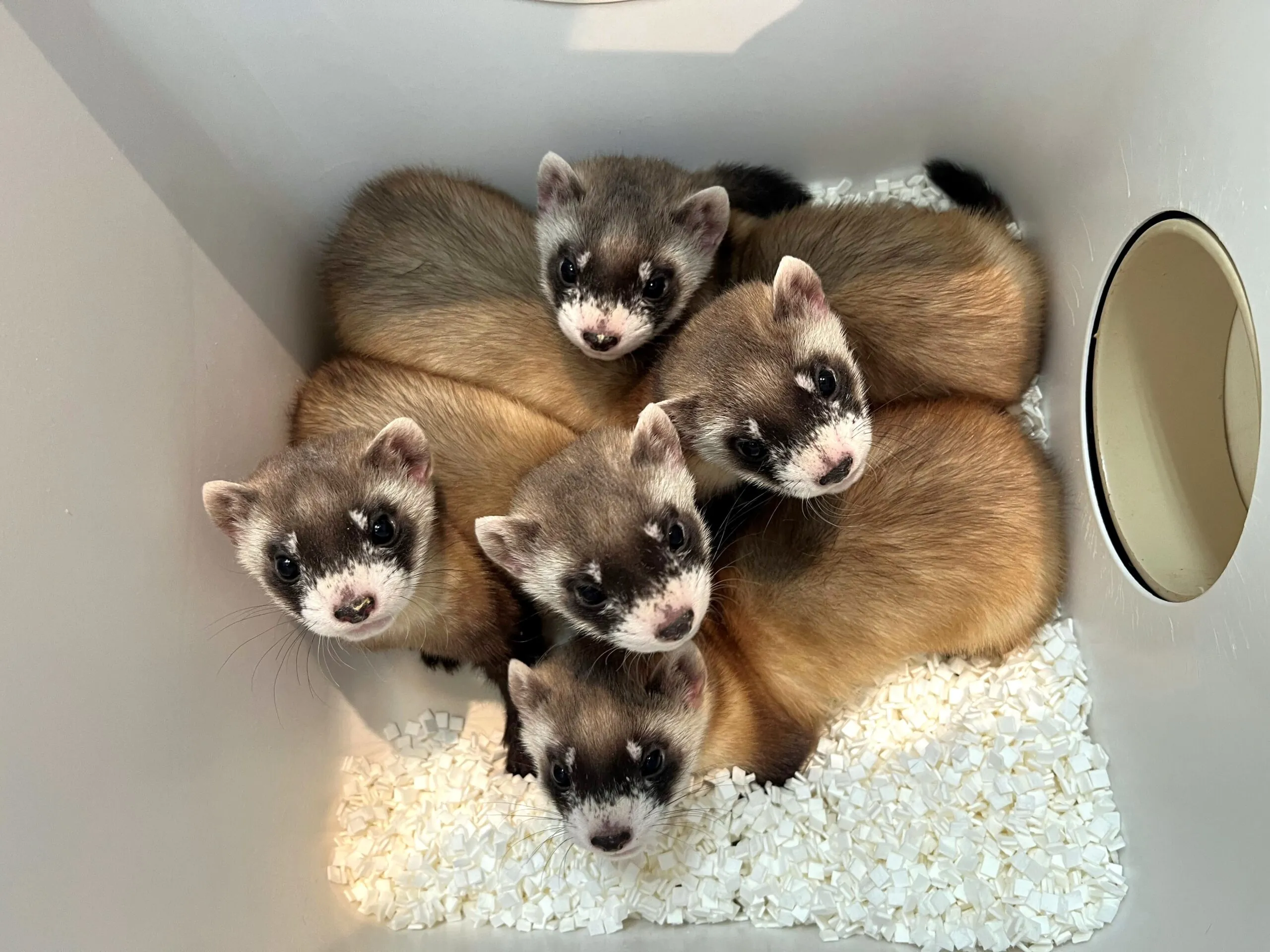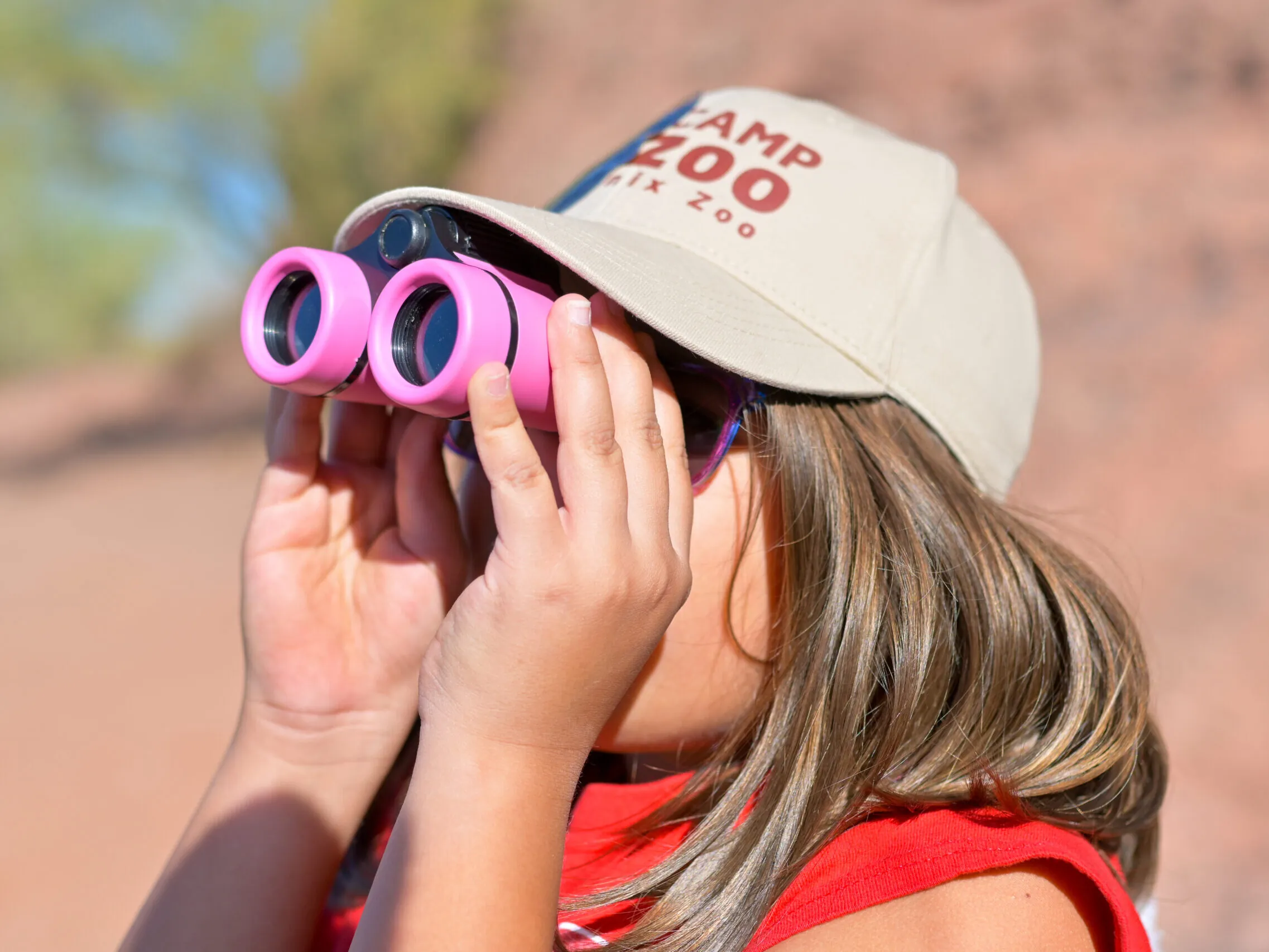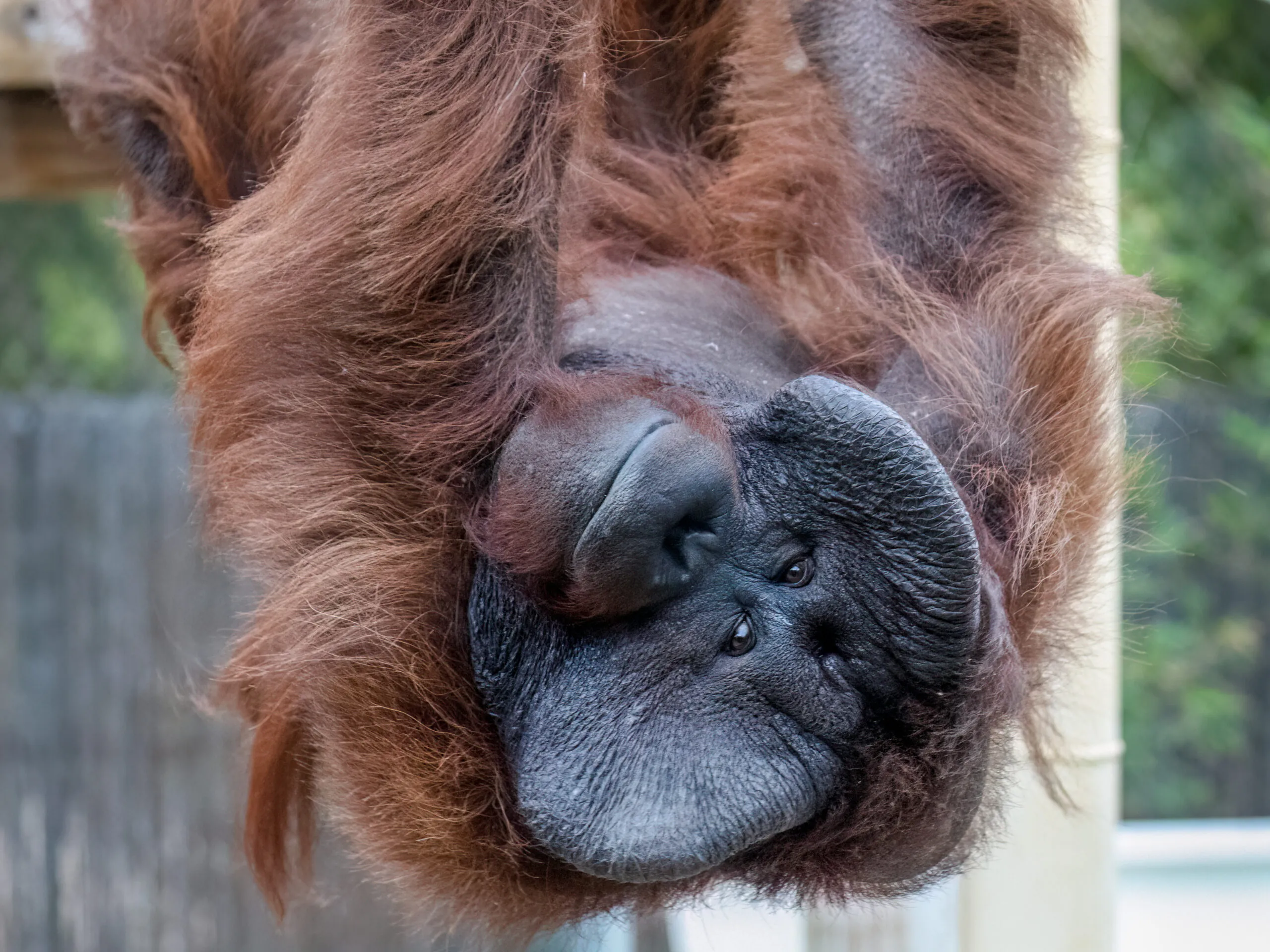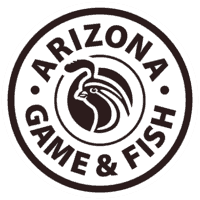Desert pupfish
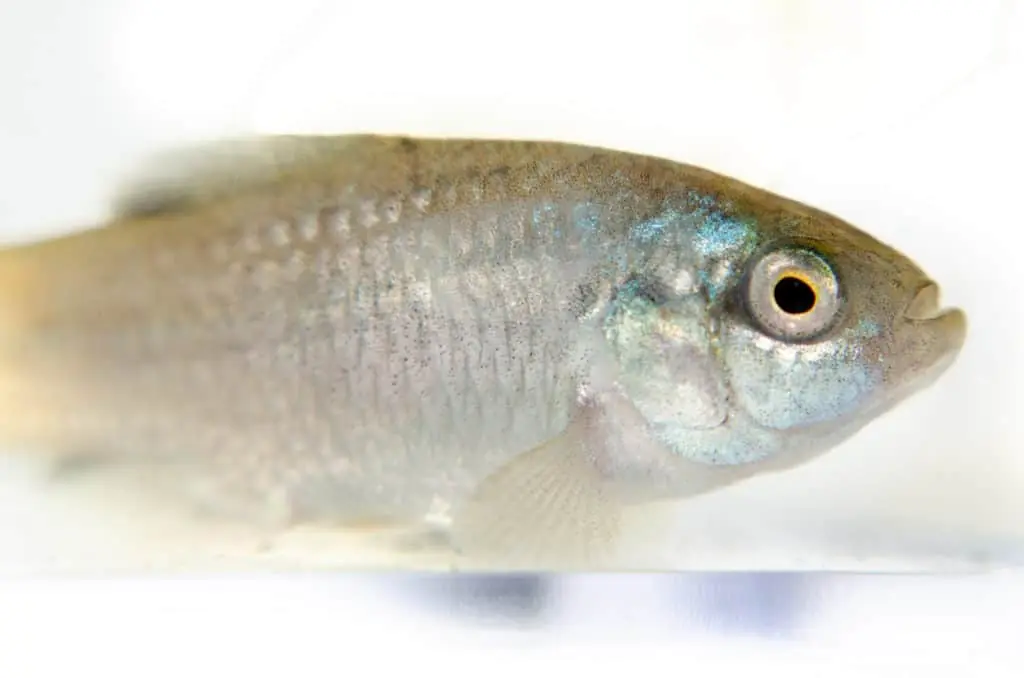
Desert pupfish are tiny, dynamic fish measuring no more than 2 inches in length. They have robust round bodies and males flaunt blue torsos and yellow tails during the spring and summer breeding season. This Arizona native boasts adaptations that only a desert fish could make useful. Desert pupfish can withstand wide temperature ranges, especially high temperatures and with it the higher salinities that usually result. Waters that create this habitat for the fish are small streams, springs, pools, ponds and marshes below 1, 500 feet of elevation. During the chillier winter months, they burrow into the mud and stay dormant until spring warms their waters.
Once spring arrives, desert pupfish courtship begins and continues through summer. It involves a female finding a colorful male and then laying a single egg for him to fertilize and protect as a part of his territory. Each female can lay up to 800 eggs per breeding season! Like most scaly parents, this is where parenthood ends and the real-world begins for their offspring. The young fish are called frye and spend the majority of their time hiding in algae and under cover to avoid predators. The desert pupfish’s diet consists mostly of algae and small invertebrates like snails and aquatic insects.
Listed as Endangered under the US Endangered Species Act, the desert pupfish has lost much of its habitat due to changes people have made to streams and rivers, as well as groundwater pumping and real estate development. The introduction of non-native fish predators and competitors has also driven pupfish declines, along with pesticides that have drifted into pupfish habitat from nearby agricultural areas.
threats
pollution
development
Climate change/
severe weather
habitat loss/
degradation
invasive species
how we help
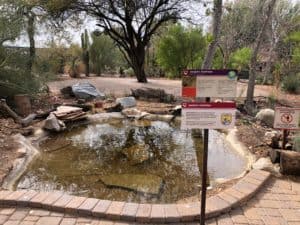 Since 2008, the Zoo has maintained a breeding population of desert pupfish – specifically, the species Cyprinodon macularius.
Since 2008, the Zoo has maintained a breeding population of desert pupfish – specifically, the species Cyprinodon macularius.
Pupfish ponds can be viewed on the Arizona and Africa Trails at the Zoo.
Every year, our conservation partners collect pupfish from our ponds and release them to waterways in Arizona.


